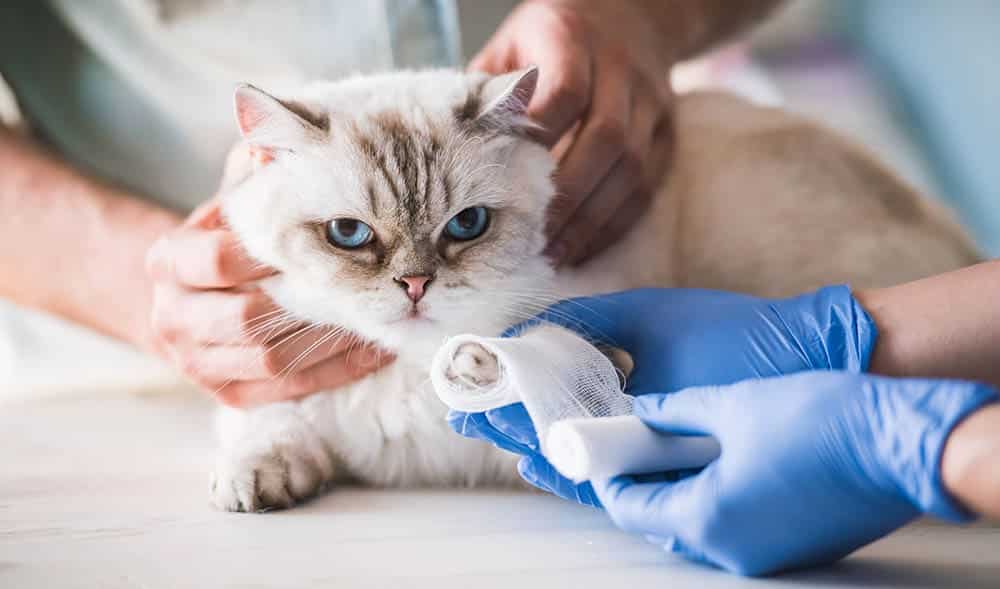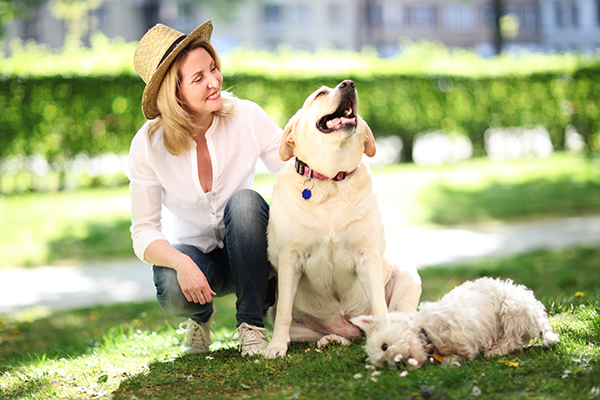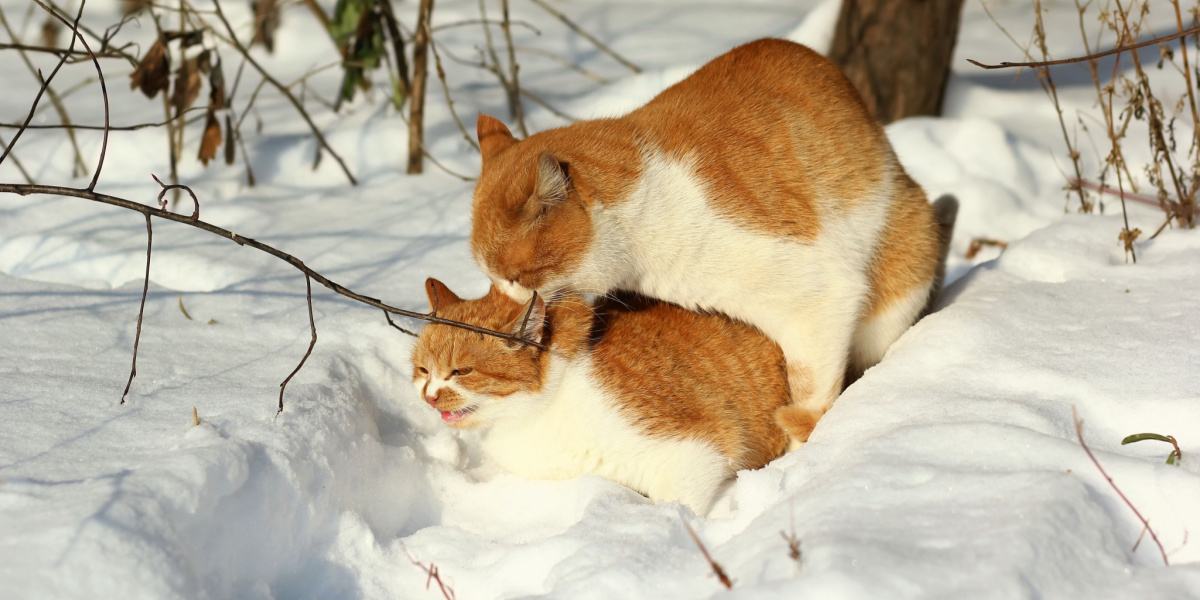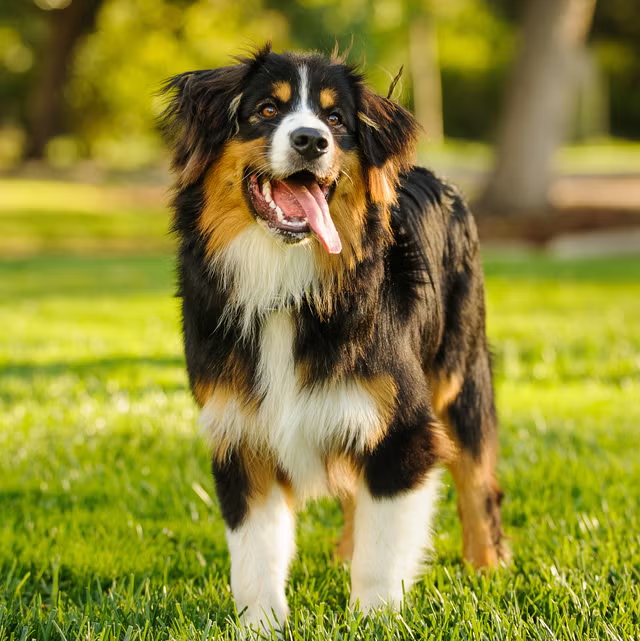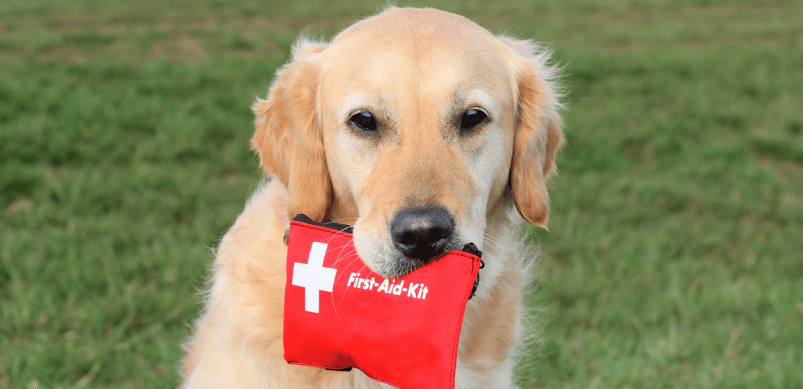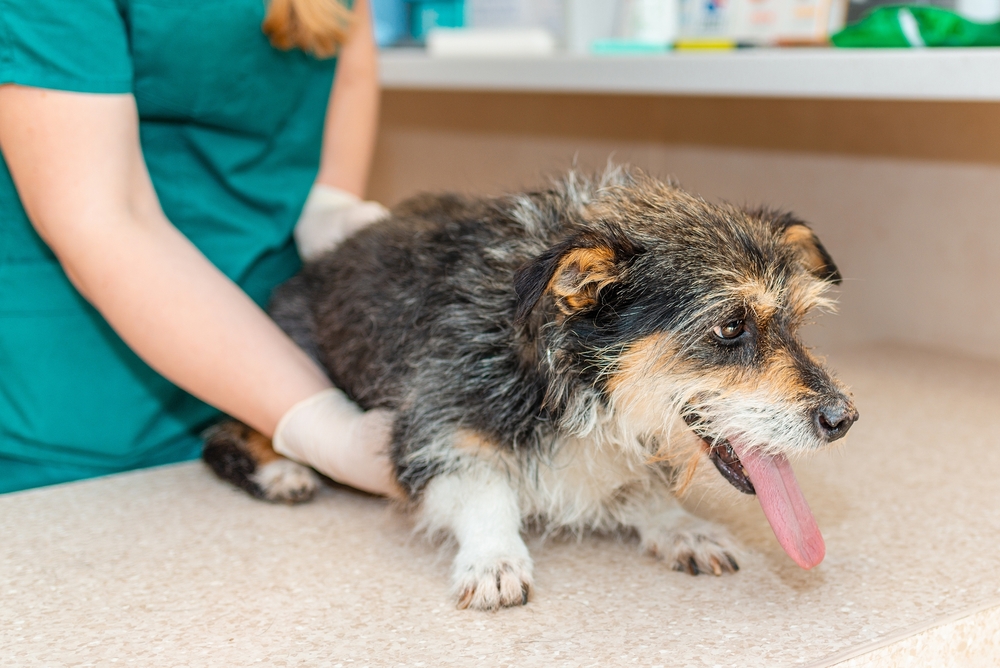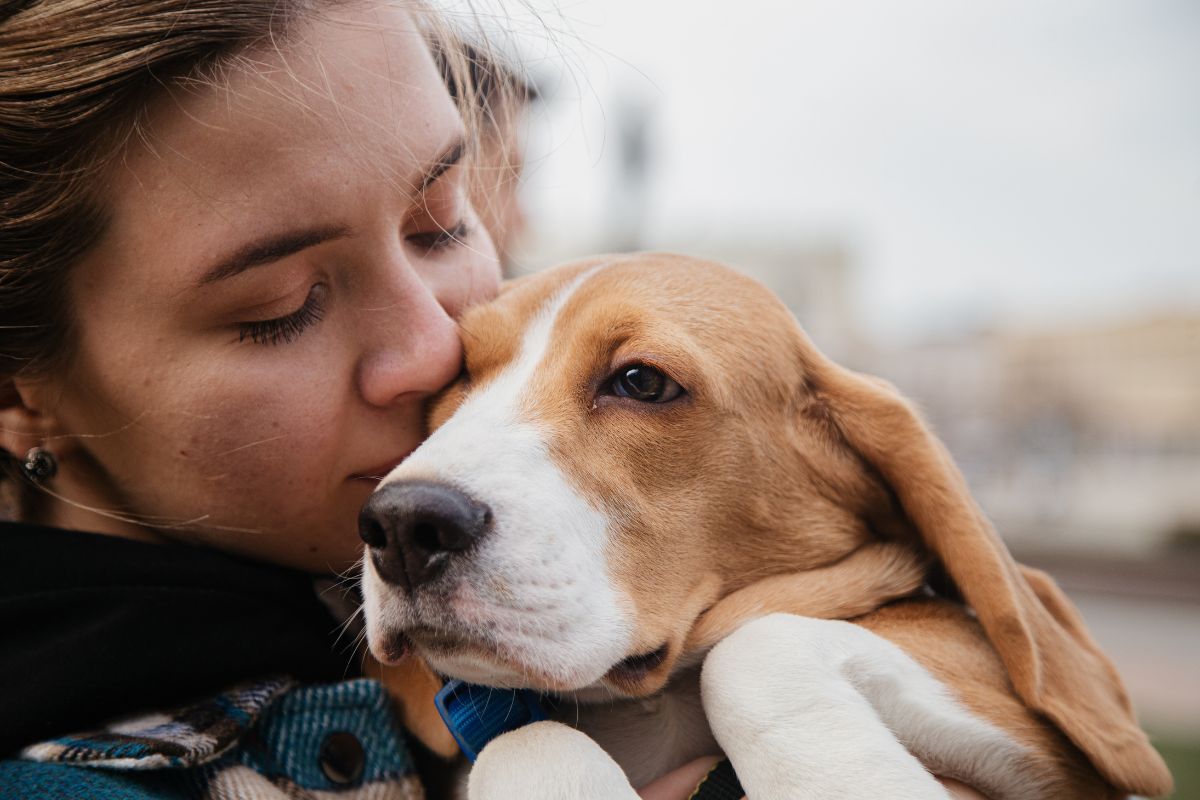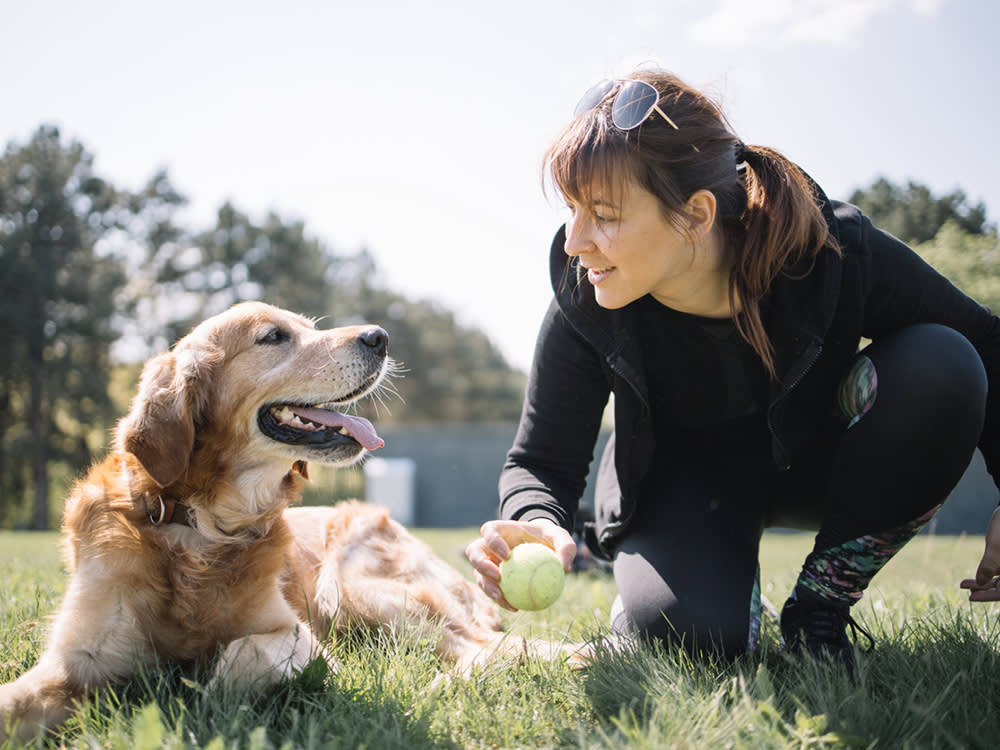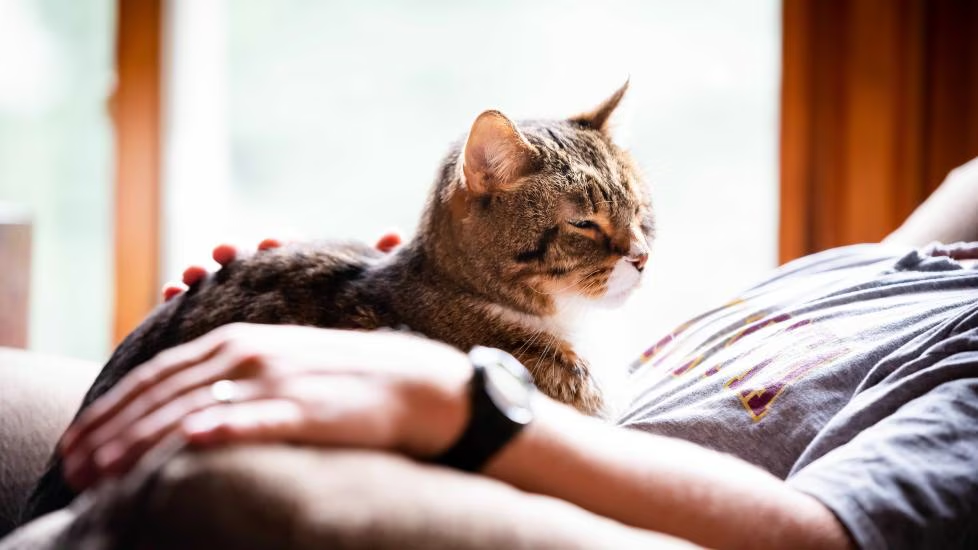Caring for a senior pet is like tending to a beloved old friend who’s been by your side through countless adventures. As our furry companions age, their needs evolve, requiring a blend of vigilance, love, and practical know-how. This guide dives deep into seven essential tips to help you provide top-notch care for your senior dog or cat, ensuring their golden years are comfortable and joyful. Drawing from veterinary insights, personal stories, and practical advice, this article is crafted to empower pet owners with actionable steps to enhance their senior pet’s quality of life. Whether you’re navigating arthritis in your aging Labrador or noticing your cat’s slower pace, these tips will help you keep them happy and healthy.
Understanding Senior Pet Needs
As pets age, their bodies and behaviors change, much like ours do. Senior pets—typically dogs and cats over seven years old—may face mobility issues, sensory decline, or chronic conditions like arthritis or diabetes. Recognizing these shifts early allows you to adapt their care, ensuring they thrive in their later years.
Why Senior Pets Need Special Care
Aging pets often develop health challenges that require tailored attention, such as joint stiffness or dental disease. For example, my old spaniel, Rusty, started struggling to jump onto the couch at age 10, a sign his joints needed support. Addressing these needs promptly can prevent discomfort and improve their quality of life.
When Does a Pet Become “Senior”?
The senior stage varies by breed and size—small dogs may not hit seniority until 10, while large breeds like Great Danes can be considered seniors by 6. Cats generally enter their senior years around 7–10. Consult your vet to pinpoint when your pet’s care should shift.
Tip 1: Prioritize Regular Veterinary Checkups
Regular vet visits are the cornerstone of senior pet care, catching issues before they escalate. As pets age, their immune systems weaken, making them more susceptible to conditions like kidney disease or cancer. Scheduling checkups every six months ensures early detection and management.
Why Biannual Checkups Matter
Older pets can develop health issues that aren’t immediately obvious, like subtle weight loss or early heart disease. Biannual visits allow vets to run bloodwork or imaging to spot problems early. For instance, my friend caught her cat’s hyperthyroidism early, saving her from serious complications.
What to Expect at a Senior Pet Checkup
Vets typically perform a full physical exam, blood tests, and urine analysis to assess organ function. They may also recommend dental cleanings or X-rays for joint health. Be prepared to discuss changes in your pet’s behavior, like increased thirst or lethargy.
Tip 2: Optimize Their Diet for Aging Needs
Nutrition plays a huge role in keeping senior pets vibrant. As metabolism slows, they may need fewer calories but more specific nutrients to support joint health, digestion, and immunity. Choosing the right food can make a world of difference.
Choosing the Best Senior Pet Food
Senior pet foods often include joint-supporting ingredients like glucosamine or omega-3 fatty acids. Look for brands with high-quality protein and low fillers. When I switched Rusty to a senior formula, his coat got shinier, and he seemed more energetic.
Supplements for Senior Pets
Supplements like fish oil, probiotics, or joint chews can address specific needs. Always consult your vet before adding supplements to avoid interactions. For example, glucosamine helped Rusty’s stiff joints, but only after we confirmed the right dosage.
Best Senior Pet Foods Comparison
| Brand | Key Ingredients | Best For | Price Range |
|---|---|---|---|
| Hill’s Science Diet Senior | Chicken, omega-3s, antioxidants | Overall health | $30–$50 |
| Royal Canin Aging 12+ | EPA/DHA, fiber | Cats with digestive issues | $25–$45 |
| Blue Buffalo Senior | Glucosamine, fish oil | Joint support | $35–$60 |
Tip 3: Keep Them Active (But Gentle)
Exercise is vital for senior pets to maintain mobility and mental sharpness, but it must be low-impact to avoid strain. Think short walks or gentle play sessions rather than marathon fetch games.
Safe Exercise Ideas for Senior Pets
Short, frequent walks (10–15 minutes) or indoor games like hide-and-seek work well. For cats, feather wands or laser pointers can spark gentle activity. My neighbor’s elderly beagle loves sniffing puzzles, which keep him engaged without overexertion.
Signs You’re Overdoing It
Watch for panting, limping, or reluctance to move—these signal your pet needs a break. If your dog lags behind or your cat hides after play, scale back. Rest is just as important as activity for aging bodies.
Tip 4: Create a Comfortable Environment
Senior pets need a cozy, accessible space to feel secure. Small changes, like adding ramps or soft bedding, can make their daily life easier and more comfortable.
Home Modifications for Senior Pets
Ramps for stairs, orthopedic beds, or non-slip mats can prevent injuries. When Rusty struggled with our hardwood floors, a few strategically placed rugs made all the difference. For cats, low-entry litter boxes are a game-changer.
Pros and Cons of Orthopedic Pet Beds
- Pros: Supports joints, reduces pressure points, improves sleep quality.
- Cons: Higher cost, may need frequent cleaning, some pets resist new beds.
Tip 5: Monitor Dental Health Closely
Dental issues are common in senior pets and can lead to serious health problems if ignored. Plaque buildup can cause infections that affect the heart or kidneys, so regular dental care is non-negotiable.
At-Home Dental Care Tips
Brush your pet’s teeth with pet-safe toothpaste or offer dental chews. I started brushing Rusty’s teeth weekly, and his vet noticed a huge improvement in his gum health. For cats, water additives can help reduce plaque.
When to Seek Professional Dental Cleaning
If your pet has bad breath, drooling, or trouble eating, it’s time for a vet dental exam. Professional cleanings under anesthesia are often necessary for senior pets to remove tartar and prevent infections.
Tip 6: Support Mental Health and Stimulation
Senior pets can experience cognitive decline, similar to dementia in humans. Keeping their minds active with toys, training, or social interaction can slow this process and keep them engaged.
Signs of Cognitive Decline
Look for disorientation, changes in sleep patterns, or reduced interest in play. My friend’s cat, Luna, started wandering aimlessly at night, a sign of cognitive dysfunction that her vet addressed with diet and enrichment.
Enrichment Ideas for Senior Pets
Puzzle feeders, scent games, or even teaching new tricks can keep their brains sharp. For example, teaching Rusty to “find the treat” under a cup kept him mentally active and excited.
Tip 7: Provide Emotional Support and Love
Senior pets thrive on affection and routine, which provide a sense of security. Spending quality time with them strengthens your bond and helps you notice subtle changes in their behavior.
Building a Strong Bond
Set aside daily cuddle or playtime to reassure your pet. When Luna started slowing down, my friend made a habit of brushing her gently each evening, which calmed her and deepened their connection.
Coping with End-of-Life Decisions
Discuss quality-of-life assessments with your vet to ensure your pet’s comfort. It’s heart-wrenching, but knowing when to say goodbye is part of loving them. Resources like the AAHA’s quality-of-life assessments can guide you.
People Also Ask (PAA) Section
How can I tell if my pet is in pain?
Watch for limping, reduced appetite, or changes in behavior like hiding or aggression. Consult your vet for a thorough exam if you notice these signs.
What are the best senior pet foods?
Brands like Hill’s Science Diet, Royal Canin, and Blue Buffalo offer formulas tailored for senior pets, with ingredients like glucosamine for joint health.
Where can I find senior pet care resources?
Veterinary websites like AAHA.org or local clinics provide guides on senior pet care. Online communities like Reddit’s r/seniorpets also offer support.
How often should senior pets see a vet?
Biannual checkups are recommended to catch health issues early. Your vet may suggest more frequent visits if your pet has chronic conditions.
FAQ Section
What age is considered senior for a pet?
Small dogs and cats typically become seniors around 7–10 years, while large dogs may be considered seniors as early as 6. Consult your vet for breed-specific guidance.
How can I make my home safer for my senior pet?
Add ramps, non-slip mats, and orthopedic bedding. Ensure food, water, and litter boxes are easily accessible to reduce strain.
Are supplements safe for senior pets?
Supplements like glucosamine or fish oil can be beneficial but should only be given under veterinary guidance to avoid interactions or overdosing.
How do I know if my senior pet is happy?
A happy senior pet will engage in play, eat well, and seek affection. Watch for signs of discomfort or withdrawal, which may indicate health issues.
Where can I buy senior pet products?
Pet stores like Petco, Chewy, or Amazon carry senior-specific foods, beds, and supplements. Local vets may also stock specialized products.
Tools and Resources for Senior Pet Care
- Veterinary Services: Find a vet specializing in geriatrics via AAHA.org’s vet finder.
- Pet Supplies: Chewy.com offers a range of senior pet foods and orthopedic beds.
- Support Communities: Join r/seniorpets on Reddit for tips and emotional support.
- Quality-of-Life Tools: Use AAHA’s downloadable quality-of-life assessments to guide end-of-life decisions.
Final Thoughts
Caring for a senior pet is a labor of love, filled with small adjustments that yield big rewards. From regular vet visits to cozy beds and gentle play, these seven tips can transform your pet’s golden years into a time of comfort and joy. Rusty’s wagging tail during our slow evening walks reminds me daily that a little extra care goes a long way. By staying proactive and attentive, you’ll give your furry friend the best chance to age gracefully, surrounded by love.






